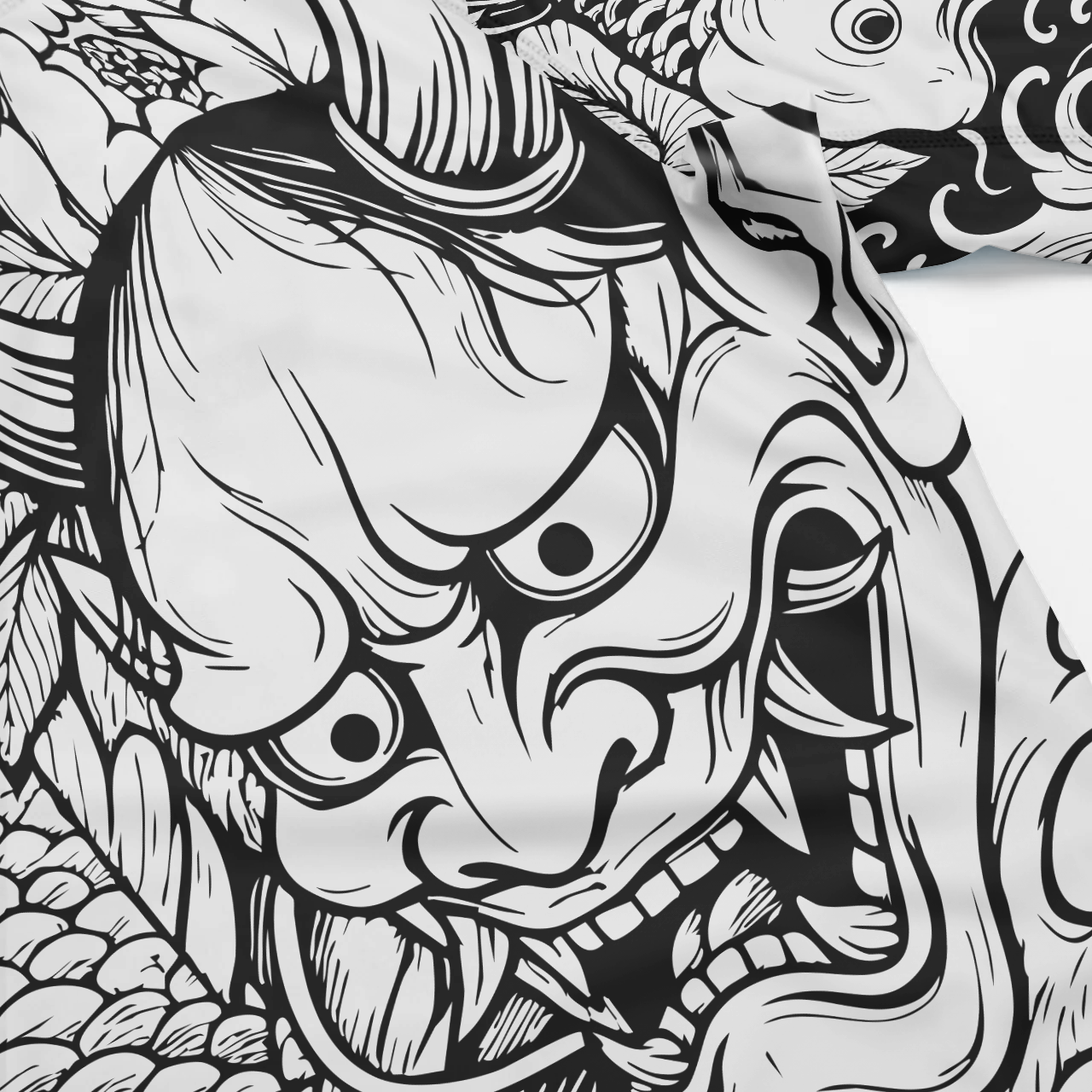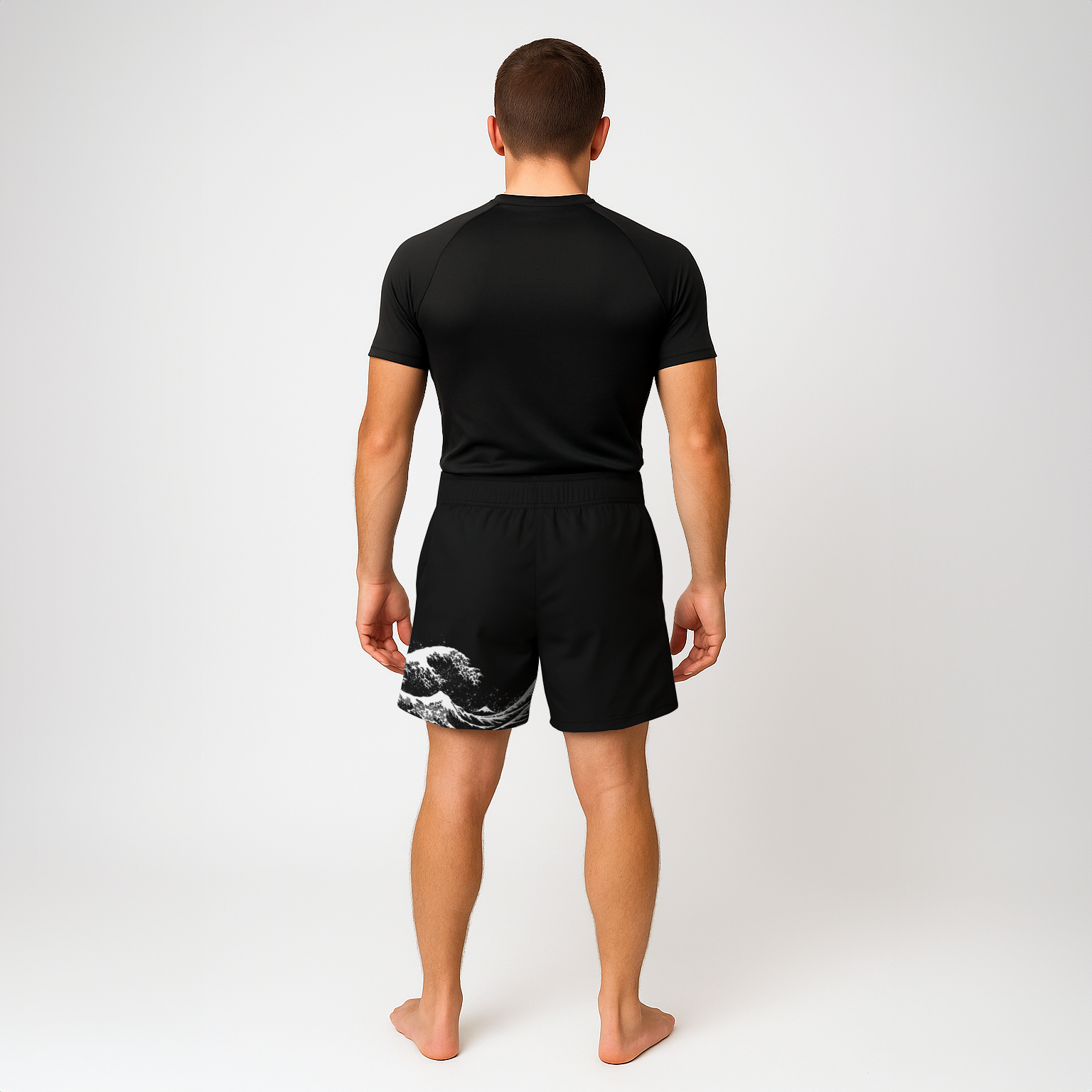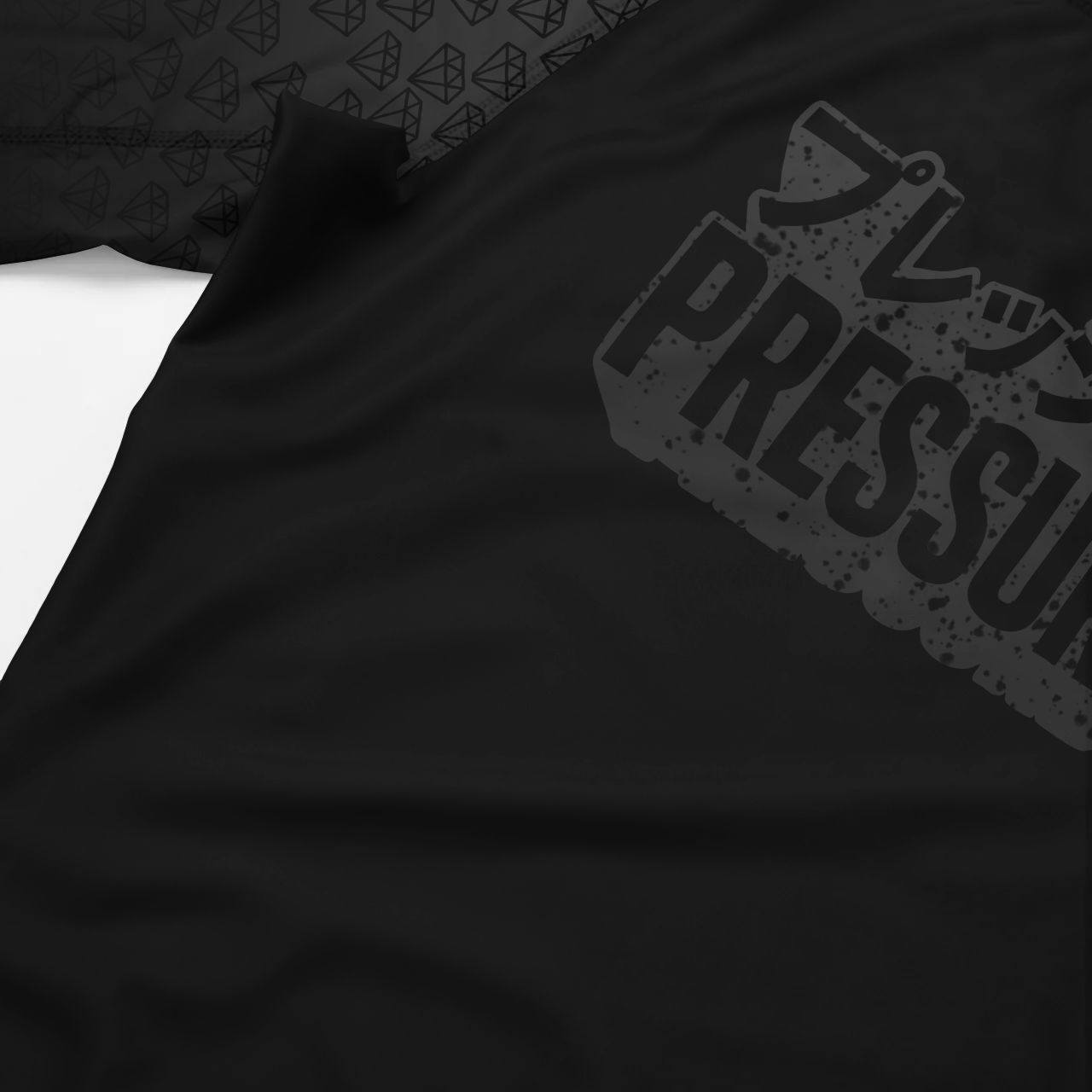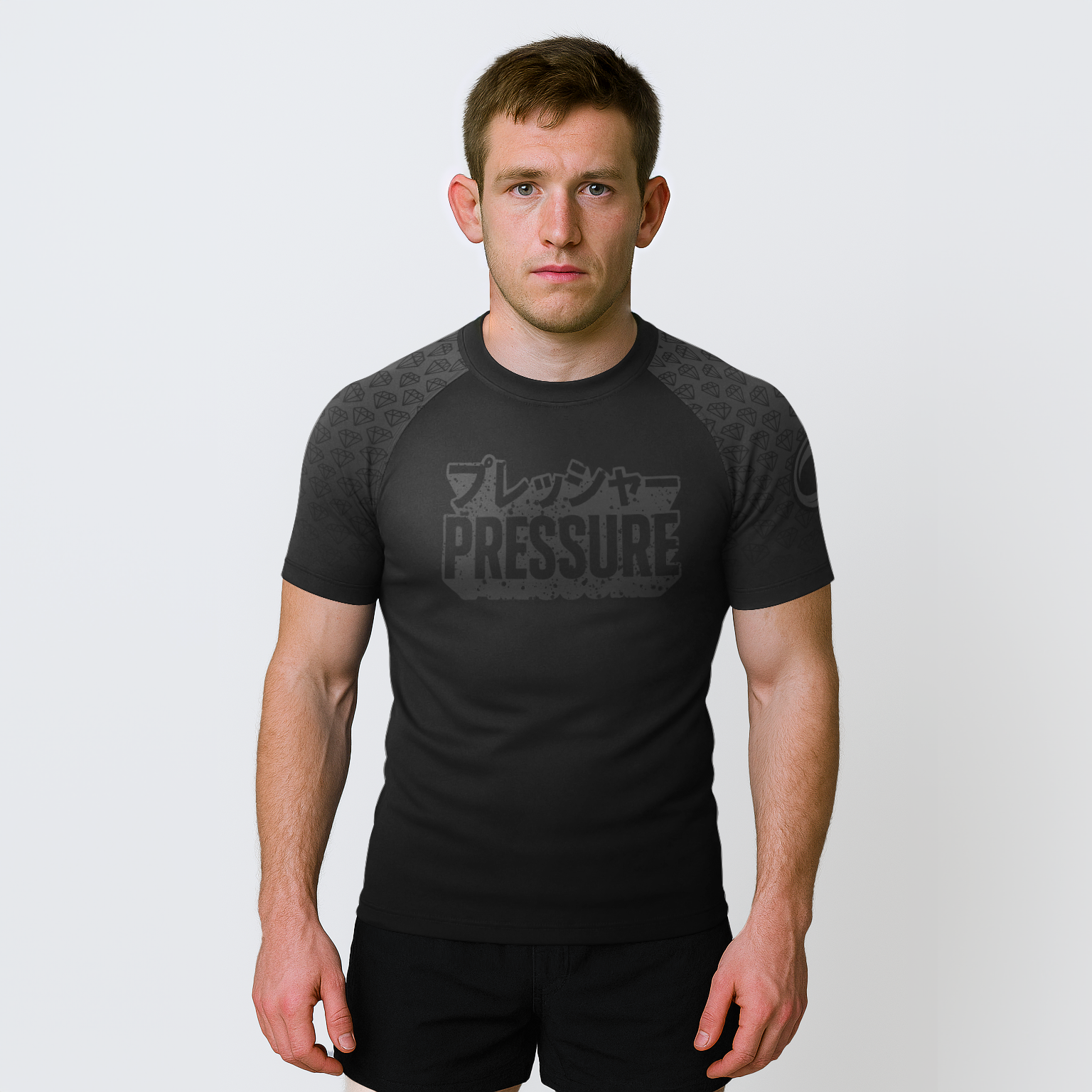Is Your BJJ Addiction Healthy?
If you are like most of us who get bit by the ‘BJJ bug,’ you probably find yourself thinking about Jiu Jitsu constantly, planning your life around getting to the gym, and skipping out on less fulfilling hobbies.
Brazilian Jiu Jitsu is undoubtedly an incredibly positive force for most of us practitioners.
At the same time, it can be incredibly addicting, particularly when you find your training flow, begin developing your own game, and start obsessing over the tiny details that make BJJ work.

As with any overall positive pursuit of passion, it is possible to neglect other aspects of life in favor of your passions.
This article discusses how to identify whether you are addicted to BJJ, whether BJJ plays a positive or negative role in your life, and how to find balance between BJJ and the outside world.
How do I know if I am addicted to BJJ?
 Addiction is both a colloquial and medical term. Medically, an addiction diagnosis depends on your level of involvement in an activity, but more importantly, whether that activity has negative effects on other aspects of your life.
Addiction is both a colloquial and medical term. Medically, an addiction diagnosis depends on your level of involvement in an activity, but more importantly, whether that activity has negative effects on other aspects of your life.
Colloquially, we can call BJJ addiction the point at which you are carving out massive amounts of time and energy for training, thinking about BJJ off the mats, and skipping out on your previous hobbies, or maybe even career, to pursue BJJ.
Training BJJ in your 20s
 The truth is that the specific line where your BJJ practice becomes detrimental to other areas of life depends on many factors.
The truth is that the specific line where your BJJ practice becomes detrimental to other areas of life depends on many factors.
The younger you are, the more room you have to chase BJJ with less concern for other areas of life.
In your late teens and early 20s, you can afford to work a basic job just to support your 8-class-per-week training schedule. You probably do not have a mortgage or kids, and you have plenty of time to develop your career further down the road.
Additionally, the younger you are, the better your prospects are of making an actual career out of BJJ as opposed to having a serious hobby that does not pay the bills.
While there is not a ton of money even in professional jiu jitsu, the youth, athleticism, and free time to train are all weighted in your favor the younger you are and improve your chances of making money coaching, competing, or pursuing other BJJ related careers.
At this point in your life, the biggest cost of BJJ is the opportunity cost of spending so much time in the gym, recovery, and potentially not moving forward in other areas of life.
This is far from a given however, and its certainly possible to balance serious BJJ training with a job, going to school, and planning for a family.
Training BJJ in your 30s, 40s, and 50s
 If you are in your thirties and are not an established professional martial artist, there are substantially more barriers to training than you likely had in your 20s.
If you are in your thirties and are not an established professional martial artist, there are substantially more barriers to training than you likely had in your 20s.
You probably have more bills and responsibilities, meaning earning a real income becomes a higher priority.
At this point, you may have previous commitments that would interfere with a stacked training schedule, or vice versa.
With a full time job and potential family in your 30s, training 3 or 4 days per week becomes much harder than training 5 or 6 days per week in your 20s.
This is the time to get realistic about the role of BJJ in your life.
If BJJ brings you joy, happiness, and health, then carving out enough time to consistently train should still be a priority.
However, your prospects of being an elite competitor are slim to none if you are not already at that level, and it becomes far more about the subjective benefits of training BJJ in your own life as opposed to serious prospects for a career in martial arts.
These factors are further magnified as you hit your 40s and 50s, at which point physical deterioration becomes even more of a limiting factor than time.
It is worth mentioning that if you started BJJ in your late 20s and consistently train, by the time you hit 40 you could still be at a level where serious coaching is a possibility even if your shot at winning ADCC is gone.
In essence, the cutoff point where BJJ becomes unhealthy depends entirely on your stage of life and outside responsibilities. If you can maintain other aspects of life, then you can still be a serious BJJ practitioner in your free time.
On the other hand, if your bills are stacking up, your career is not progressing, and your family is being neglected, you might reconsider how much time you spend at BJJ.
The dark side of BJJ addiction
We have established that BJJ addiction is a subjective but real phenomenon. Although the term is often used in jest, the fact is that a long term hyper focus on BJJ can have serious impact on your life.
When you do not have bills to pay or kids to feed, the glory of standing on the podium or constantly getting after it in training can be overwhelmingly seductive.
However, if you do not set up other areas of life in preparation for real responsibilities, you risk hitting your older years with little to show other than the ability to choke people out.
The hard reality is that your boss, your credit card company, your landlord, and your wife probably do not care about your gold medal at a local tournament or the fact that you tapped out that tough wrestler kid who just started training.
Certainly not as much as you do.
If you fail to grow outside of the BJJ world, your life will become increasingly limited when you hit the point where you want more than just BJJ cred.
At worst, you can end up burnt out in your 30s, coaching kids classes in exchange for a gym membership, and most importantly, not having a solid identity when you walk out of the gym and interact with normal people.
While this is far from a given even for serious BJJ players, if you spend enough time in the BJJ community, you will undoubtedly run across this type of individual at some point.
The good aspects of BJJ addiction
While there is a dark side to excessively chasing BJJ, there are also many upsides to being a serious practitioner that extend beyond the mats or podium and translate to real-world success.
Although it is hard on your joints, BJJ is great exercise and can keep you healthy due to the intense physical activity.
Most importantly however is the community you build in BJJ.
Being good at BJJ gives you social capital and respect in the gym.
Assuming you carry yourself professionally, people can see the dedication and discipline you put into training and will take you seriously as an individual.
Depending on your career, this network effect can have profound impacts on your overall life.
You can make great friends, meet potential business partners, and be exposed to opportunities you would not be aware of if not for BJJ.

A key deciding factor in this effect is having a positive community at your BJJ school.
You will often find like minded professionals among your peers at the dojo, and you just never know who you will meet that might lead to an unexpected opportunity. The longer and more persistently you train, the greater the odds of this happening.
Of course, professional networking should not be your primary goal in BJJ, however this article would be missing a key benefit of BJJ if it did not mention the powerful network effect of pursuing a serious, skill-based practice such as BJJ.
This effect can help offset the potential loss of non-BJJ networks or life progress due to your constant training.
BJJ Addiction: the bottom line
As with any deeply engaging hobby, BJJ has the potential to be addicting and disruptive to the rest of your life.
However, the line of imbalance between BJJ and life is subjective for each person.
Furthermore, BJJ offers many tangible and intangible benefits that often increase as you become more involved in the sport and lifestyle.
What is most important is that you periodically reflect on the balance between your training and outside life to assess the current state of your own BJJ addiction.
Then, readjust in either direction depending on your current life goals and status.



































































































